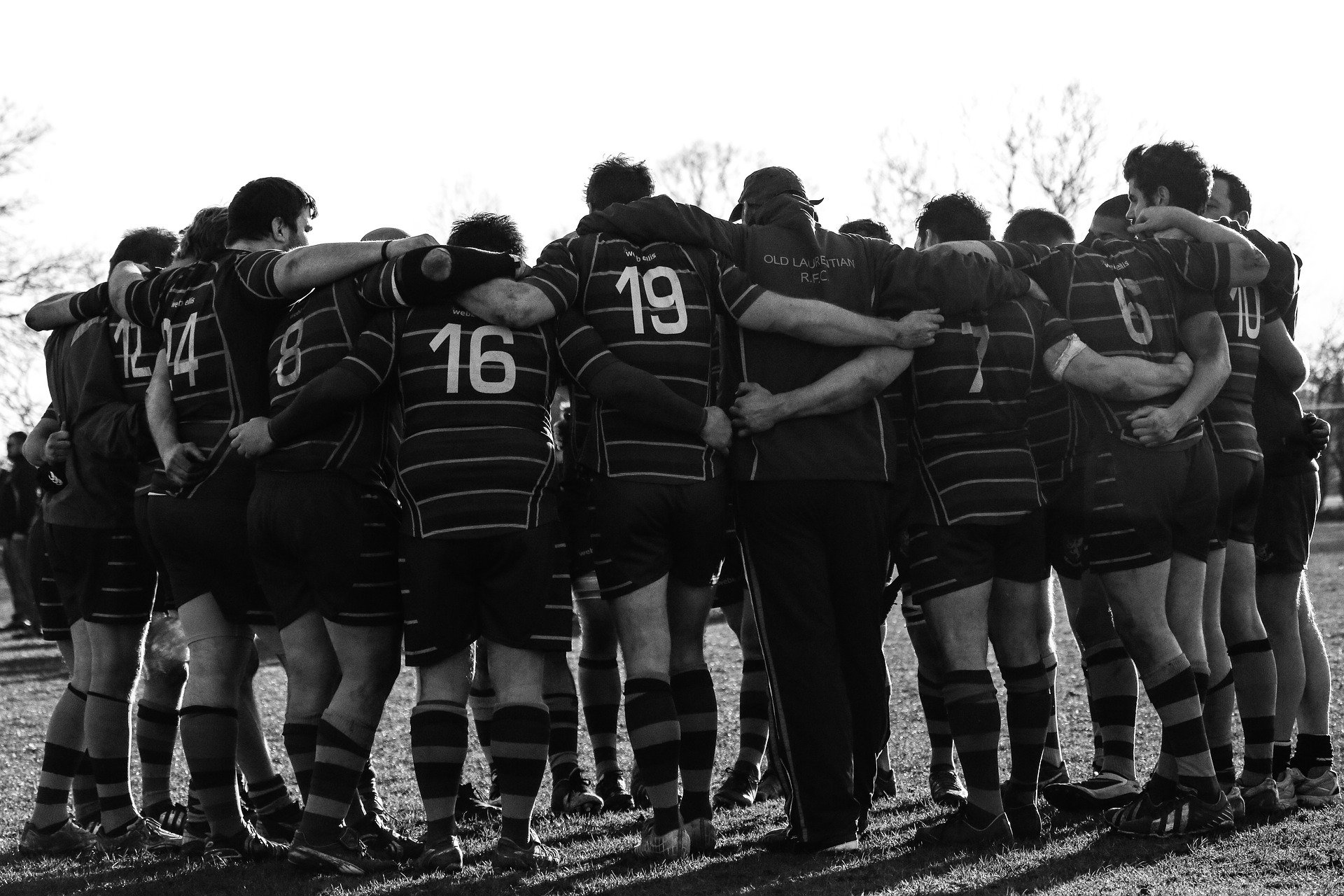
On Tuesday December 4 at 7:30pm in the Nash Lecture Theatre, the KCL film society hosted its first event of the KCL Film Festival titled ‘We Need to Talk about Masculinity’. This featured ‘The Mask you Live in’, a documentary by Jennifer Siebel Newsom about toxic masculine ideals and the social pressures experienced by young boys and men in the United States. After the screening followed a panel discussion with guest speakers Olivia Cappelletti, ambassador for The Representation Project that produced the film, as well as film critic Tom Atkinson. During the discussion, important topics were addressed such as the role of media and entertainment in the perpetuation of gender perceptions and the pressure felt by young men both within the confines of the home and amongst their friends in school environments. In light of #Metoo and the recent surge in the global feminist movement, it seems unsurprising that we still need to ask: what’s so wrong with masculinity?
According to Newsom’s documentary, early exposure to violence is apparently the main initiator of toxic masculine behaviour. Surprisingly, it is almost never talked about. 90% of homicides are committed by men and of those, 50% are committed by young males under 25 years old. The youngest mass shooter in the United States was 11 years old. School shootings, homicide, rape, and street and domestic violence are all a result of the amount of time young boys spend surrounded by on-screen violence. However, when we talk of crimes, we rarely talk of gender. But gender is the main issue at work. When we talk of crime, we rarely talk of video games, entertainment and porn. But these are all crucial factors in the discussion about male violence.
On average, young teens are online or looking at a screen 40 hours per week, of which at least 2 hours consist of watching pornographic content. More and more children are exposed to unwanted pornography when they are online, for example on illegal streaming websites or questionable online news pages. Other than porn, young boys’ time on electronic devices is usually spent on video games or watching videos. These games and films usually include extremely violent content, such as gun violence, homicide, beating and toxic masculine competitiveness, and represent masculinity as being synonym with athletic ability and emotionlessness.
Thus, by the age of 15, boys have been exposed to the objectification and degradation of women, have been desensitised to extreme violence, and see heroism as male physical power, lack of emotion and the ability to sleep with women. Music as well has helped further such ideals over time; ‘Blurred Lines’ and some rap songs are blatantly advocating for the objectification and overpowering of women for sex.
And then we wonder why boys and men are the way they are. As political scientist and educator Dr Caroline Heldman states in ‘The Mask You Live In’, society “sets men upâ€. We teach them to “man upâ€, “be real menâ€, and be nothing like women, and then we accuse them of inhumanity. While Siebel’s documentary seems a bit outdated on certain issues – it aired in 2015, before the #Metoo movement and Trump’s ascension to power – it still reflects a deep and dangerous lack in the way in which we are taught to raise boys, represent masculinity and counteract male violence. Yes, we prosecute college rape cases. Yes, we question the integrity of Supreme Court judges. Yes, we criticize the entertainment industry for degrading women and portraying false images of what masculinity really is. But is that really enough? Masculinity and femininity are a spectrum of gendered behaviour and the extremes we try to force on to girls and boys do not reflect the reality of gender at all. Education, both at home and at school, is the source of the problem. It is therefore also the only solution to it.
What’s being done about that at King’s? Of course, the UK does not have a Greek life culture in its universities, nor has it suffered from school shootings on a large scale. Yet, an average of 404,000 women are raped every year in the UK, that is one in ten women. Yet, 80% of rapes go unreported. Yes, psychological support systems for the victims are in place, but what about the perpetrators? What about educating men, who might not have had the chance of a thorough sex education or a stable and respectable male figure to look up to? What about mentioning rape, binge drinking, drug abuse and violence as crucial issues for students? In 2017, 4,382 men committed suicide in the UK, that is three quarters of all suicides in the country. Yes, we are talking about masculinity. But we still need to talk some more.









